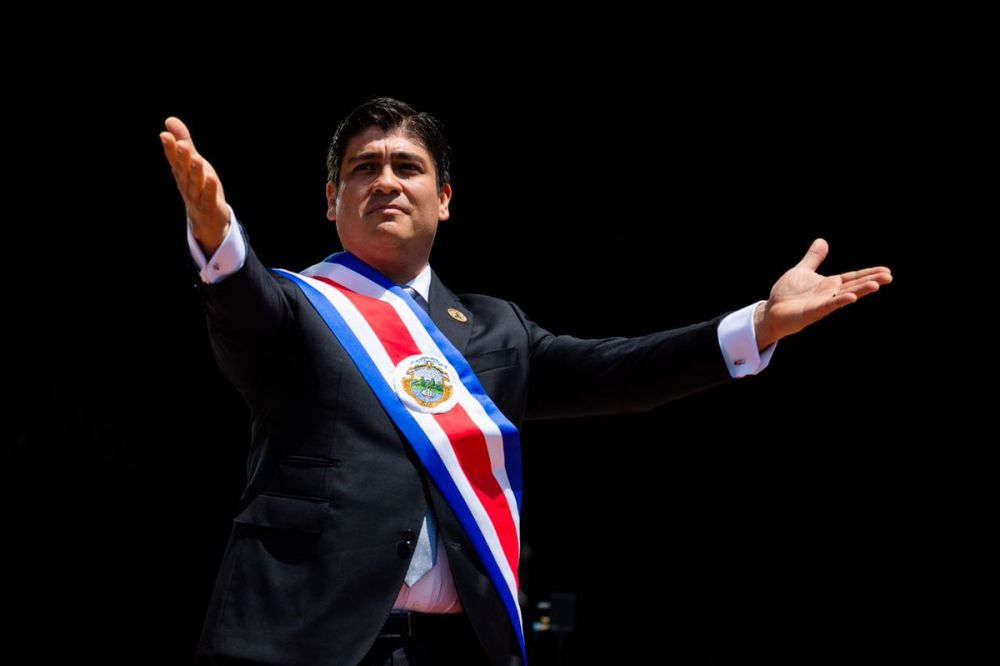Costa Rica to become the world’s first zero-carbon country
Costa Rica’s newly elected president is vowing to take the historic step of decarbonising the entire country.

Costa Rica’s newly elected president is vowing to take the historic step of decarbonising the entire country.
President Carlos Alvarado made the pledge in his inauguration speech this week, in which he described the “titanic and beautiful task” of abolishing the use of fossil fuels.
“Decarbonisation is the great task of our generation, and Costa Rica must be among the first countries in the world to achieve it, if not the first,” he said.
He went on to set a target of 2020 for the country to be leading the way on progress towards the goals of the Paris climate agreement, aiming to become a “laboratory” for cleaning up the economy. The deal binds countries to keep global temperatures to well below 2 degrees Celsius.
The 2020 date is significant not only as the time in which the Paris accord comes into force, but closely precedes Costa Rica’s 200th anniversary of independence.
“For the bicentennial we have an ethical duty to lead the world, as we have done in the past. We must be agile and innovative. We are called to protect ecosystems and protect biodiversity,” he added.
In doing so he committed to greater management of Costa Rica’s national parks, which make up an estimated 25 percent of the entire country and are a major tourist attraction.
Costa Rica has already made strong progress towards making the transition to a fully sustainable and low-carbon economy. Its plentiful supplies of both hydropower and geothermal mean that almost all of its electricity is renewable. In 2017, it went 300 days without using fossil fuels for its electricity needs.
President Alvarado won 60 percent of the vote in the second round of elections last month. At 38, he also becomes one of the world’s youngest heads of state.
